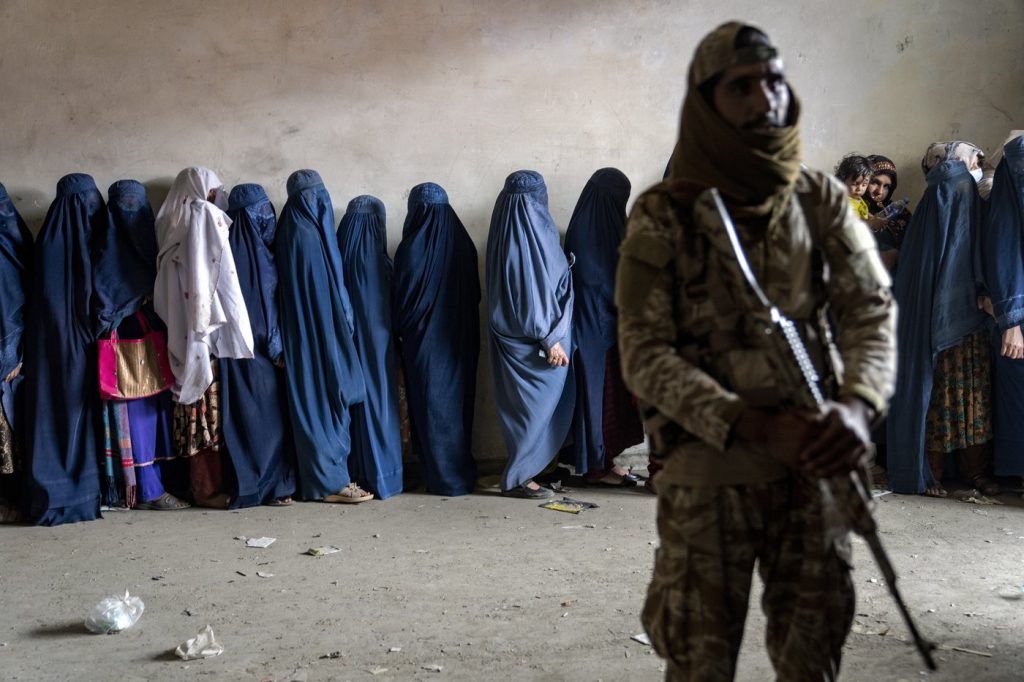The Special Inspector General for Afghanistan Reconstruction (SIGAR) has released a report indicating that the Taliban lacks any legal entitlement to billions of dollars in funding designated for Afghanistan. The basis for this claim stems from the fact that the Taliban is not recognized as the legitimate government of the country, is placed under U.S. sanctions, and is listed as a Specially Designated Global Terrorist organization. This comprehensive report sheds light on the complexities surrounding U.S. assistance to Afghanistan following the Taliban's return to power.
The report underscores that the Trump administration, as well as Congress, might consider revisiting the nearly $4 billion in funds which have been earmarked for Afghanistan. These funds were initially transferred in 2022 when the U.S. government shifted $3.5 billion of Afghan central bank assets—previously frozen in the United States—to the Fund for the Afghan People, based in Switzerland. Since that transfer, the fund has reportedly increased to nearly $4 billion.
Despite the accumulation of these assets, SIGAR highlights that no payments benefiting the Afghan people have occurred. The primary aim of the fund is to support and stabilize Afghanistan's economy on behalf of its citizens. The report emphasizes that the Taliban's claims to these funds are invalid, given their status as an unrecognized government and their designation under various sanctions.
The report further discusses the broader context of U.S. foreign aid, mentioning that since the withdrawal of U.S. forces in 2021, nearly $3.71 billion has been allocated to Afghanistan. A significant portion of this aid, reportedly directed towards United Nations agencies, is intended to alleviate humanitarian crises. Additionally, there remains an estimated $1.2 billion available for potential future disbursements.
While U.S. humanitarian assistance has reportedly helped mitigate food shortages and stave off famine within Afghanistan, it has not deterred the Taliban's oppressive measures. These measures include taking Americans hostage, actively suppressing the rights of women and girls, censoring media outlets, creating an environment suited for terrorist activities, and targeting former officials of the Afghan government.
Despite the U.S. being the largest donor to Afghanistan, significant amounts of the financial aid have reportedly been siphoned off or mismanaged. Chris Borgeson, the deputy inspector general for audits and inspections at SIGAR, articulated concerns over transparency, stating, "The further the cash gets away from the source, the less transparency there is." This statement sheds light on the ongoing challenges of ensuring accountability in aid disbursement.
The findings of this report severely complicate the narrative surrounding international aid to Afghanistan under the Taliban regime, highlighting legal, ethical, and operational challenges. The situation remains fluid, and the focus on improving transparency and safeguarding funds designated for the welfare of the Afghan populace will be critical in the months ahead.










